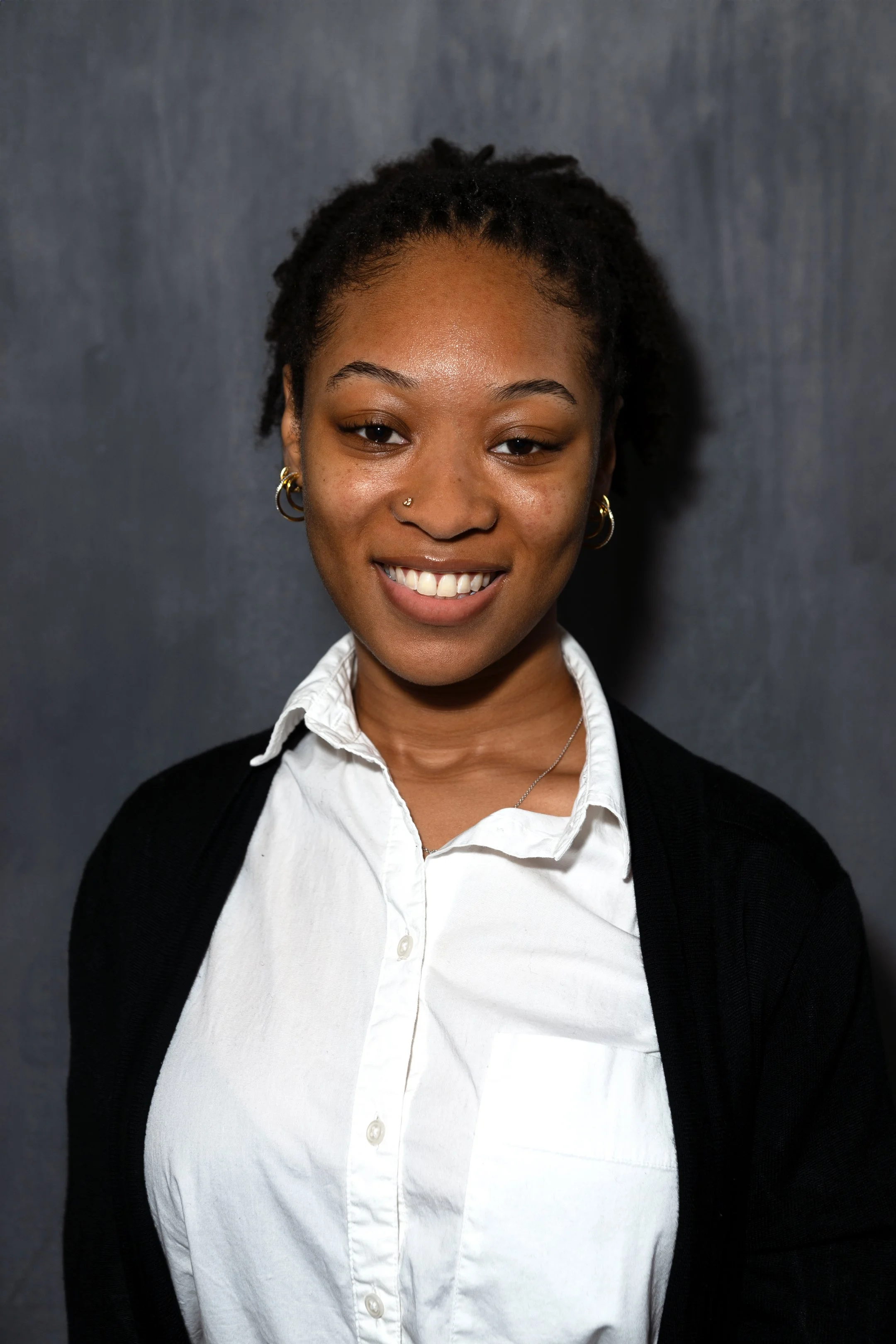AIYANA RINGO
Sociology major/ comparative women's studies minor, New Orleans, LA
What draws you to this work? Why is studying Black girlhood important to you as a student at Spelman College?
As a student at Spelman College, I have been absorbed into a space that proudly uplifts the authentic experience of Black girls. In experiencing this space, I have begun to reconsider what the value of Black girlhood is to me and the sacredness that is inherent in existing as a Black girl. In constantly navigating systems of domination, Black girls are regulated to social and mental conditions that reinforce to them that they are inherently different from others. This has called me to advocate for my fellow Black girls, reinforcing that they are deserving of spaces that cherish and uplift them, rather than forcing them to minimize themselves. In doing this work, I hope to promote a society that allows Black girls to exist as their full selves, recognizing that they are much more than the limitations and narratives that our dominant society has pushed upon us. Studying Black girlhood is central to this work because it asserts that we must view Black girlhood from a place of beauty and sacredness, rather than as a source of struggle or trauma.
abstract
Girls Incarcerated: Exploring the Subjugation and Cultivation of Black Girlhood in Incarceration, Ringo, A.
This research explores the criminalization of Black girls by examining how they construct their identities and understand Black girlhood under state surveillance and criminalization. Institutions that surveil and harm Black girls perpetuate narratives of inherent deviance, violate notions of childhood innocence, and position Black girlhood in opposition to dominant ideals of femininity. While recent research has focused on the criminalization of Black girls in school settings, there remains a significant gap in studies that center the voices and experiences of Black girls within the juvenile justice system.
For example, Dr. Monique Couvson’s Pushout (2016) uses storytelling to highlight the adversities that criminalize Black girls in schools but offers limited exploration of their experiences under state surveillance and incarceration. Similarly, Tera Eva Agyepong’s (2018) intersectional analysis examines how gender, race, and sexuality shape ideals of Black femininity and delinquency in Chicago’s juvenile justice system. Building on these foundational works, this study examines the experiences of incarcerated Black girls through the docu-series Girls Incarcerated: Young and Locked Up (2018), creating space for their voices to be heard while urging society to recognize how criminalization subjugates Black girlhood.
Through content analysis, this research reveals how generational patterns of criminalization and adultification shape the identities of incarcerated Black girls. Additionally, it explores how they employ self-care and friendship as forms of resistance, underscoring their resilience. These findings offer critical insights into how community context and trauma-informed practices can inform the development of a criminal-legal system that empowers and heals Black girls.

